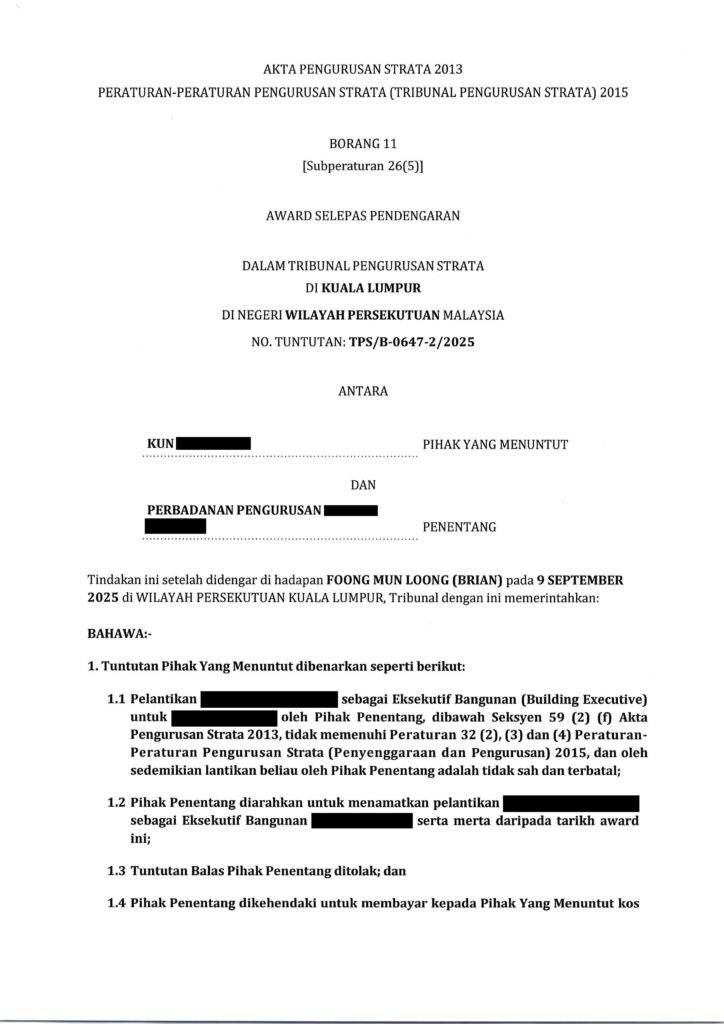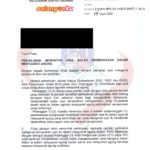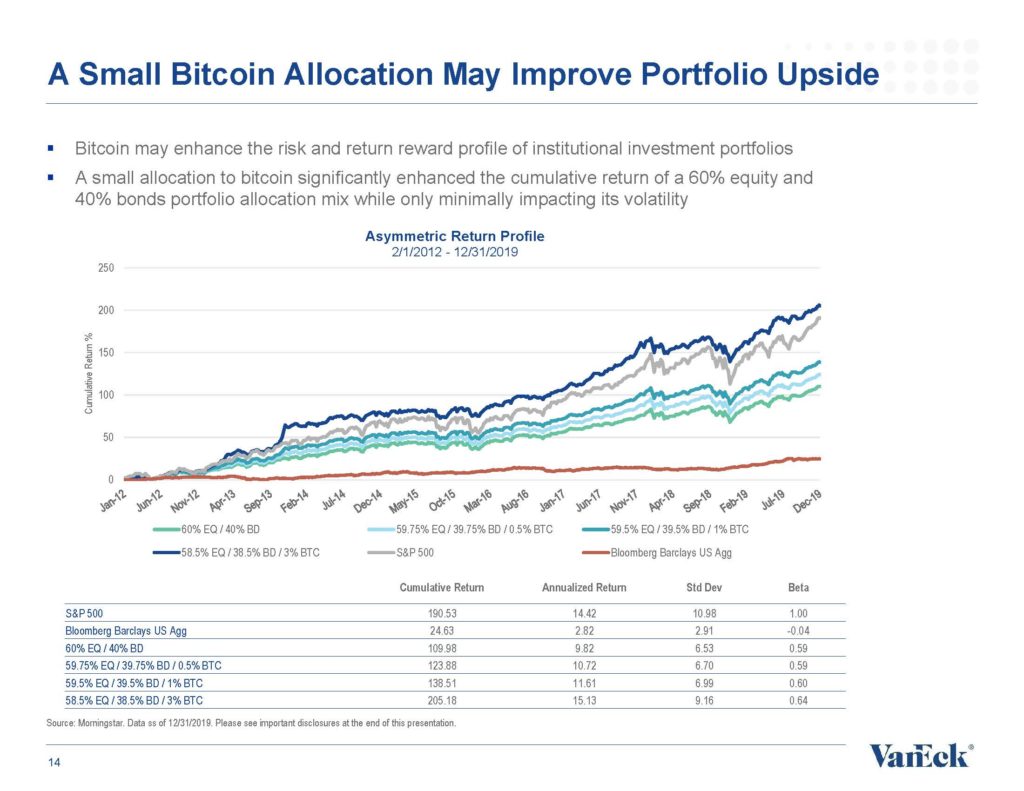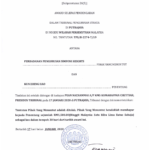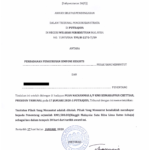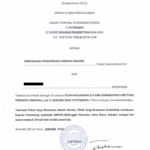Any person or agent who is not a registered property manager, he shall not act to undertake such maintenance and management of the common property unless he has lodged with the management corporation or subsidiary management corporation a bond in Form 12 to be given by a bank, finance company or insurer.
Motions To Be Included On Agenda For General Meeting (Both AGM & EGM)
My building manager (managing agent) said that motion can only be included for AGM and not EGM but letter from COB said otherwise.
- Motions To Be Included On Agenda For General Meeting
- Motions To Be Included On Agenda For General Meeting
Alt-Coin Traceability – Carnegie Mellon University 18 May 2020
Conclusion
The anonymity of Monero has evolved to a large extent in the recent few years. With the introduction of RingCT and the increase of mandatory mixins to 10, it is much harder to trace the transactions. We investigated the e ectiveness of three successful heuristics from the pre-RingCT era (i.e. before January 2017). The percentage of deducible transactions through zero chain analysis decreased to nearly 0% after the implementation of RingCT. The accuracy of the time heuristic has also reduced considerably to less than 40% with 10 mixins with a more realistic time distribution of mixins. The merging outputs heuristic still has good performance, but it can only be applied to a small portion of all transactions. We thus came to the conclusion that compared to the version three years ago, current Monero transactions can be conducted with superior anonymity with the introduction of new techniques like RingCT.
Alt-Coin Traceability Carnegie Mellon University 18 May 2020
Not all travel insurance created the same
Simpsons Explain Crypto
Never give anyone your Wallet Seed
The only time you ever need to enter your seed is during hardware wallet reset or first time setup. The seed should be entered on the hardware wallet itself.
ANY OTHER SOFTWARE OR APP OR WEBSITE OR EXTENSION THAT ASK YOU TO ENTER YOUR SEED IS MALWARE / SCAM.
Funds sent out of my ledger without me authorizing it? from r/ledgerwallet
Don’t be a victim of fake wallet scam: Use only wallet recommended by official Monero website
Don’t be a victim of fake wallet scam: Use only wallet recommended by official Monero website https://web.getmonero.org/downloads
Hardware Wallet (Most Secure)
- Ledger (20% discount code inside)
- Trezor (Not recommend due to Unpatchable Critical Hardware Flaw found by Kraken on JANUARY 31, 2020)
Mobile & Light Wallets
- Cake Wallet
- Monerujo
- My Monero
- Edge
The Investment Case for Bitcoin by VanEck January 2020
When Management Corporation shoot their own foot
This is what happen when management corporation is foolish enough to sue former management corporation committee without evidence and based on hearsay.

